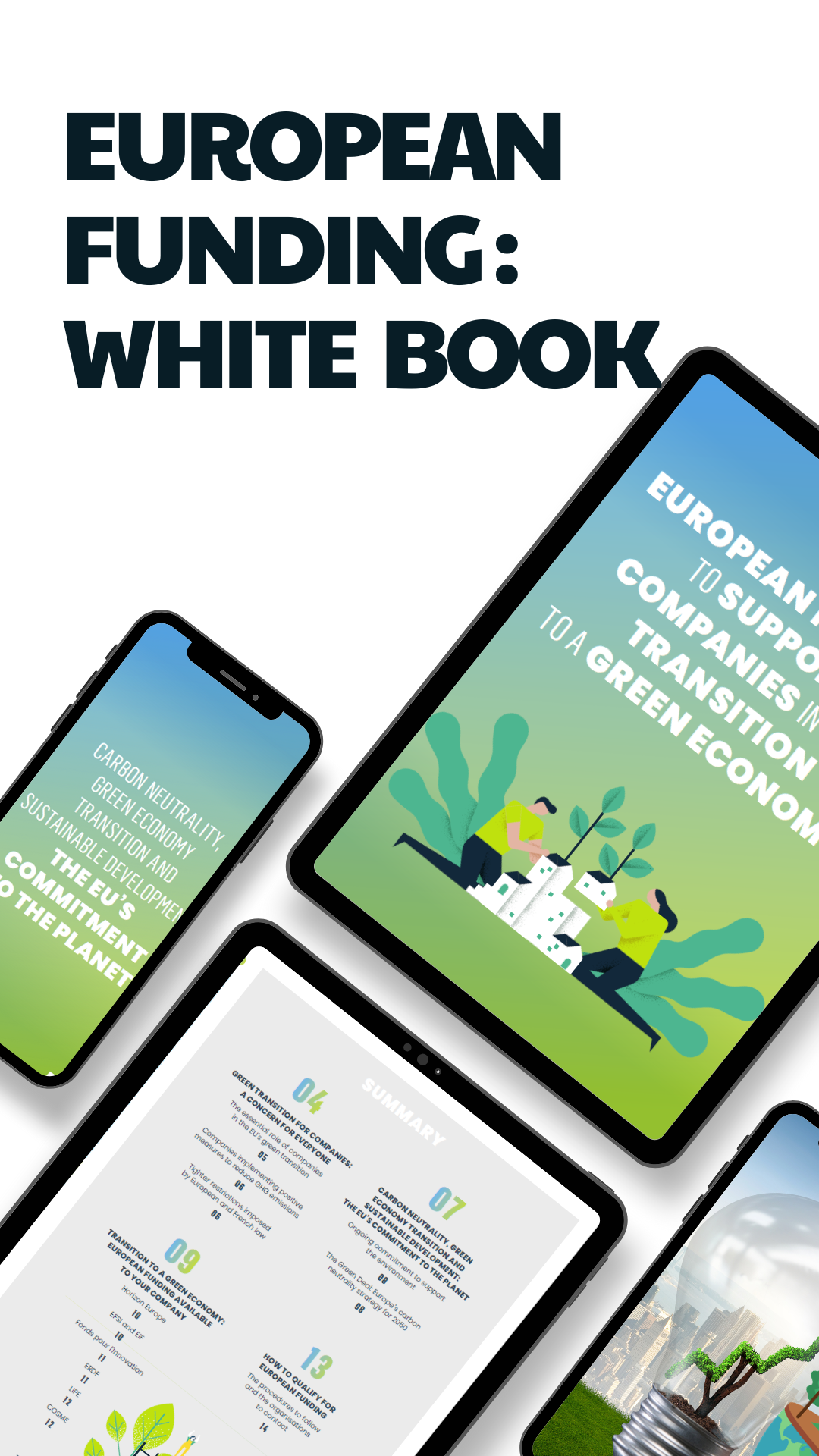To overcome the global climate crisis, a large-scale industrial transformation that enables long-term sustainable development is imperative. As a prerequisite to this transformation, the scaling-up of climate technologies will require large volumes of critical raw materials as well as a robust circular economy that maximizes efficient resource usage and minimizes resource losses.
Recognizing surging demand for critical raw materials, the European Union (EU) has taken proactive steps with the introduction of the Critical Raw Materials Act (CRMA). The new legislation aims to strenghten the EU’s capabilities along the entire raw material value chain. The CRMA seeks to reduce the EU’s dependence on raw material imports and increase its future resilience through an up-scaling of its own production and processing capacities and a strong emphasis on the circular economy.
To secure the entire supply chain – from extraction to recycling – Germany, France and Italy recently agreed to strengthen their cooperation and work towards better industry access to raw materials. With respect to the CRMA, the three countries also notably made a pledge for the establishment of individual extraction, processing and recycling targets, along with measures to expedite reuse and recycling for a set of strategic and critical raw materials.
In addition to EU-wide efforts, Germany has also developed its own raw materials strategy. This emphasizes economical use of resources through intelligent product design, material substitution and recycling. Moreover, the country’s current coalition treaty builds upon its raw materials strategy through an overarching “National Circular Economy Strategy” that seeks to bolster the German circular economy. The strategy outlines concrete additional measures including implementing digital product passports, accelerating the development of quality standards for recyclates, stipulating higher recycling rates, and setting minimum quotas for the use of recyclates in the production of new products.
The industry-wide implementation of these measures necessitates close collaboration between the public and private sectors. To this end, substantial support schemes will be available to companies in Germany that prioritize and work towards sustainable production. With the “Research for Sustainability” (FONA), the Federal Ministry of Education and Research plans to double research funding for climate protection and sustainability to EUR 4 billion over the next five years. Companies planning to establish facilities in Germany can also take advantage of a wide range of additionnal support instruments – including direct grants, public promotional loans, public guarantees and equity capital – which can significantly reduce the intial investment costs in designated support areas.
Expanding to Germany offers innovative foreign companies a range of potential areas for growth. Germany’s economic development agency, Germany Trade & Invest (GTAI), offers free support services for companies planning to enter the market and contribute to the ongoing transformation




